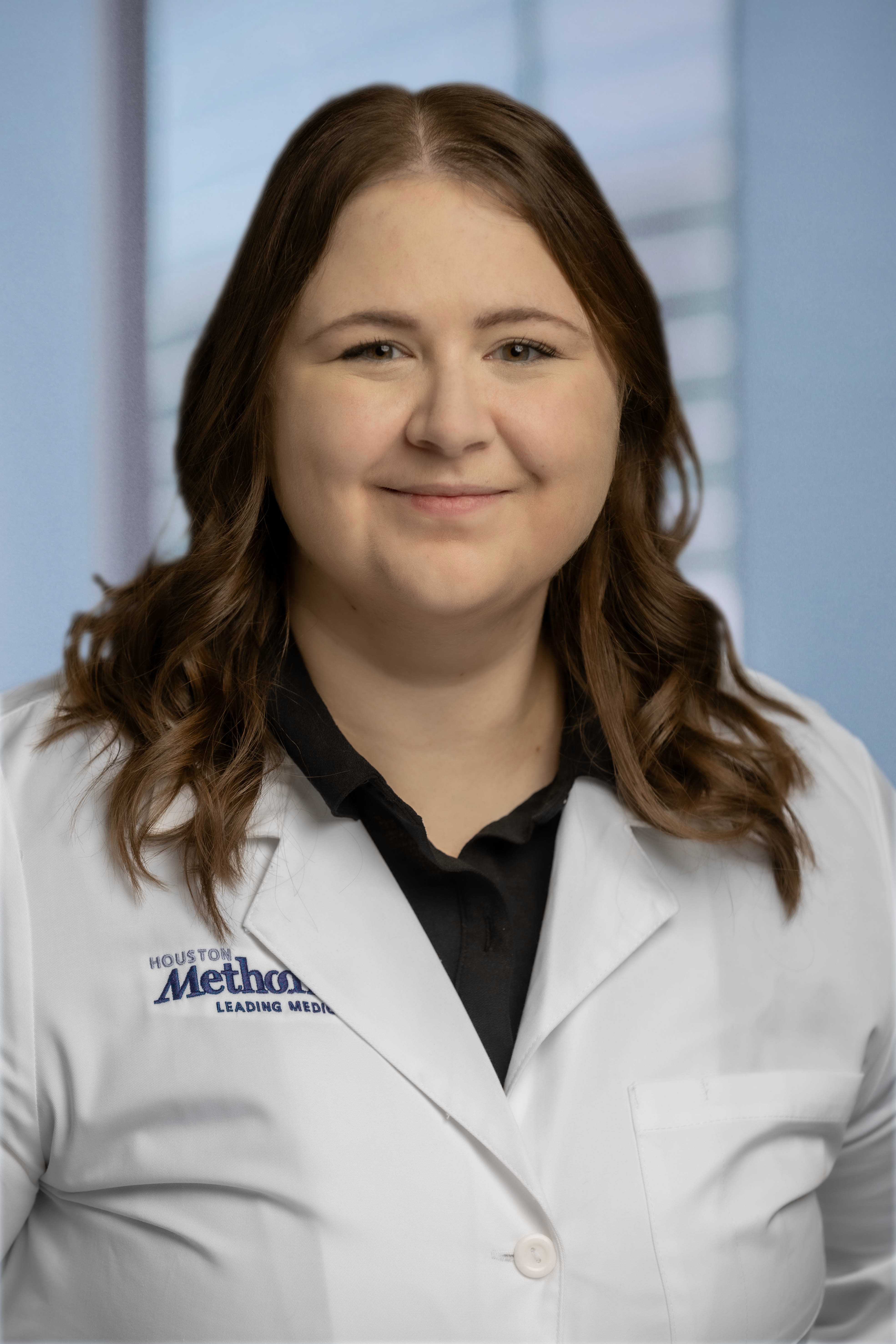 Kaitlin Stokes is a genetic counselor at Houston Methodist West in Houston, TX. She sees patients with personal or family histories of cancer that may be due to an underlying hereditary cause. We recently connected with Kaitlin about her role, and she shared, “I love what I do because I feel like I’m helping people. I’m giving them control again over a part of their life that they may feel like they have lost control of. This is because I can give them more information to make decisions about genetic testing, cancer screening, risk reduction, and personalized treatment.” She added that she also gets to hear about the generational impact of this education and risk identification helping entire families.
Kaitlin Stokes is a genetic counselor at Houston Methodist West in Houston, TX. She sees patients with personal or family histories of cancer that may be due to an underlying hereditary cause. We recently connected with Kaitlin about her role, and she shared, “I love what I do because I feel like I’m helping people. I’m giving them control again over a part of their life that they may feel like they have lost control of. This is because I can give them more information to make decisions about genetic testing, cancer screening, risk reduction, and personalized treatment.” She added that she also gets to hear about the generational impact of this education and risk identification helping entire families.
As a genetic counselor, Kaitlin is an expert on everything from hereditary cancer genetics to lab technology so that she can select and interpret hereditary cancer tests. She explained that the science is always evolving, and labs do not have equal frameworks for variant classification. She shared a recent case example that demonstrates potential differences in classification methods and abilities. She saw a patient in her early fifties who had a strong family history of cancer. This patient had hereditary cancer testing a few years prior and was found to have two variants of uncertain significance (VUS)—one in the CDKN2A gene and one in the APC gene. A variant in a gene is classified as a VUS if there is not enough evidence to confirm it is either pathogenic (harmful) or benign (harmless). Medical decisions should not be made based on identification of a VUS.
The patient was interested in updated testing when she saw Kaitlin, and Kaitlin ordered updated hereditary cancer testing through Ambry. The patient’s initial test was performed by another lab. Ambry was able to clarify the meaning of these two variants in this patient’s case. The APC variant is considered benign (harmless). The CDKN2A variant is classified as likely pathogenic (harmful), which is considered a positive result that is clinically actionable. Pathogenic variants in the CDKN2A gene are linked with increased risk of pancreatic cancer and melanoma. Kaitlin shared, “On top of having to adjust to the diagnosis, it was very hard for the patient to hear that she lost out on years of screening because the first lab did not have enough information to give her a positive result.” Thankfully, Kaitlin said the patient is feeling less anxious now that she has connected with specialists and resources, including a high-risk pancreatic center, dermatologist, and a support group. She has also shared the information with relatives.
Kaitlin reflected on this experience, sharing, “I appreciate that Ambry leaves no stone left unturned. They use many lines of evidence when classifying variants and perform extra steps when needed—like functional experiments or statistical analyses. Maximizing the chance that my patient will have an informative result is important to me because having that diagnosis can be critical. It gives them more options for proactive care and can be lifesaving.”



